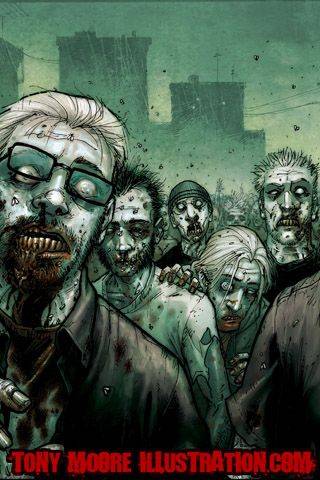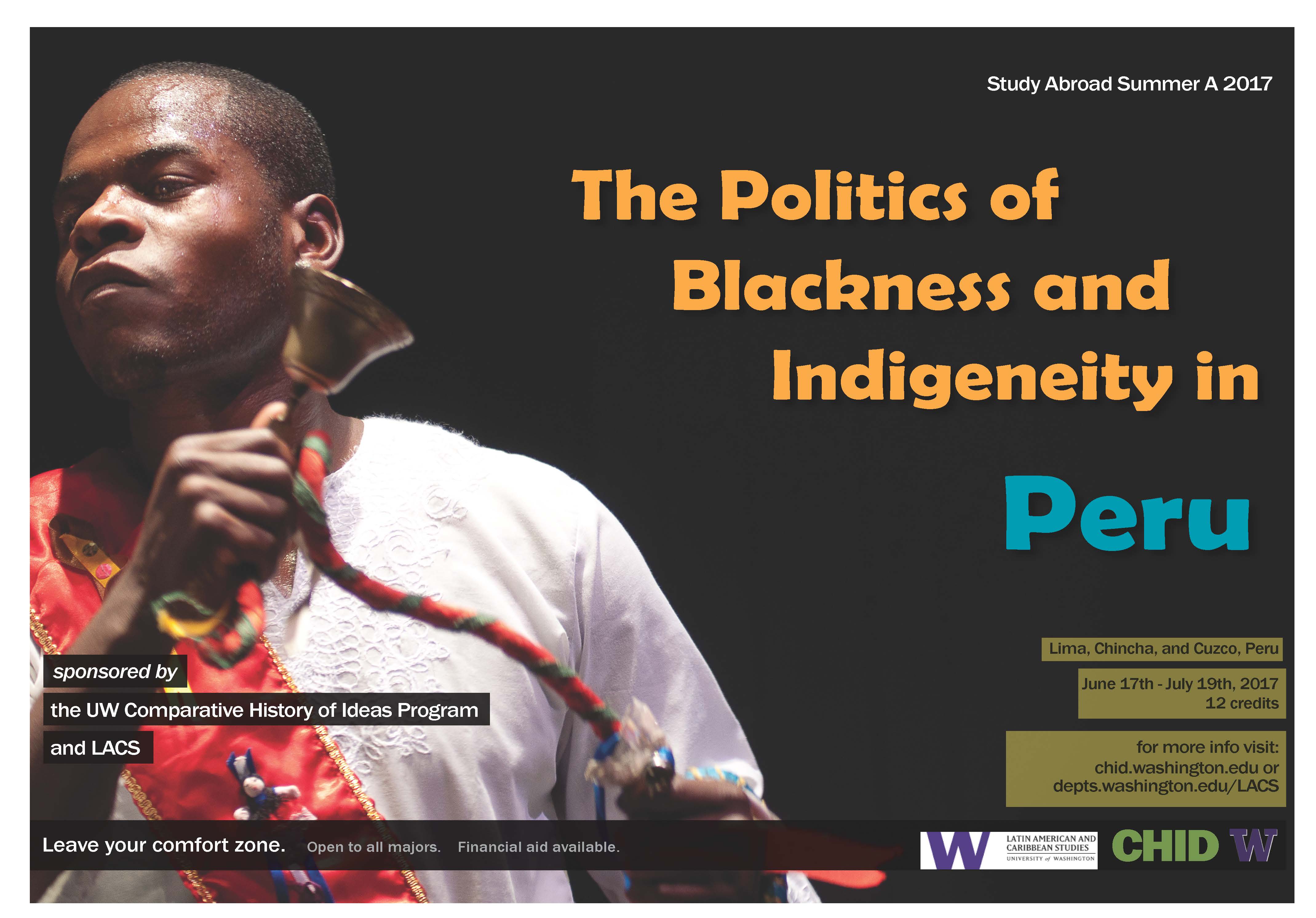
Funding for Innovative Ideas!
Do you have an idea that you think has commercial potential? Do you dream of starting a company sometime in the future? If your answers are yes, then the National Science Foundation I-Corps program may be right for you!
The NSF ICorps Site Program recruits exploratory business ventures started by faculty, staff, students and alumni, providing teams the infrastructure needed to accelerate business exploration and creation. The program focuses on agile innovation tied to customer discovery while providing networking opportunities, resources, and financial support to help move projects forward.
Each I-Corps grant will provide $2,500 to eligible teams as they gain first-hand feedback from potential customers and clients and prepare for the UW’s Buerk Center for Entrepreneurship’s annual Business Plan Competition, the Alaska Airlines Environmental Innovation Challenge, and the Hollomon Health Innovation Challenge.
Applications will be accepted until 2/16. Eligibility requirements and applications can be found at: http://comotion.uw.edu/start-up/icorps.
If you have questions about the program/application, please contact Erin Olnon at erin82@uw.edu.



